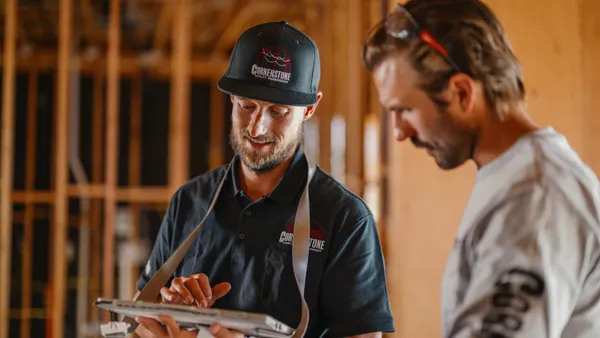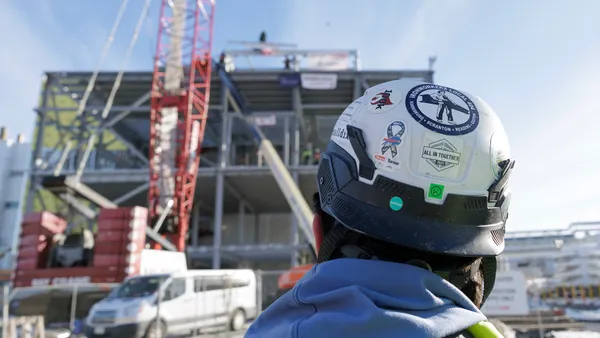Dive Brief:
-
Renewable energy company Arcadia Power has developed a solar energy platform that allows consumers to rent solar panels from a remote site — eliminating the need to have photovoltaics installed on their properties — and use the power generated there to offset their own consumption, Curbed reported.
-
The company is rolling out its services with solar-collecting sites in Washington, DC, California and Massachusetts, and it is targeting renters and owners who live in multifamily buildings or who have shaded roofs.
- To participate, customers buy a Solar Savings Subscription for a predefined number of panels at one of the company’s solar sites. The energy produced by those panels is sold to the host or into the local power market and, in return, customers receive credits to use against their existing utility bill.
Dive Insight:
Arcadia is the latest in a line of solar-power companies developing new ways to make photovoltaics more accessible to residential consumers, as they are often viewed as being too expensive or complex to install or require lengthy contracts.
Earlier this month, Tesla unveiled plans for solar-collecting roofs composed of textured glass roofing shingles. The California company claims the tiles will cost less to manufacture and install than comparable terra-cotta and slate roofs. It follows the company’s recent acquisition of California-based solar power group SolarCity.
Other companies are also developing new photovoltaic technology for homes, with Italian company Dyaqua recently launching solar systems that can be encased in tile, block, shingle and even driveway pavers.
The push by solar companies to find alternate ways to install panels comes as rooftop photovoltaics continue to gain traction in the market, albeit slowly. Earlier this year, the U.S. marked 1 million solar installations, Greentech Media reported, which includes a range of project sizes and scales. Utility-scale projects will continue to lead U.S. solar-power generation, however, as rooftop-specific products and systems have largely struggled to take hold.
For more housing news, sign up for our daily residential construction newsletter.












